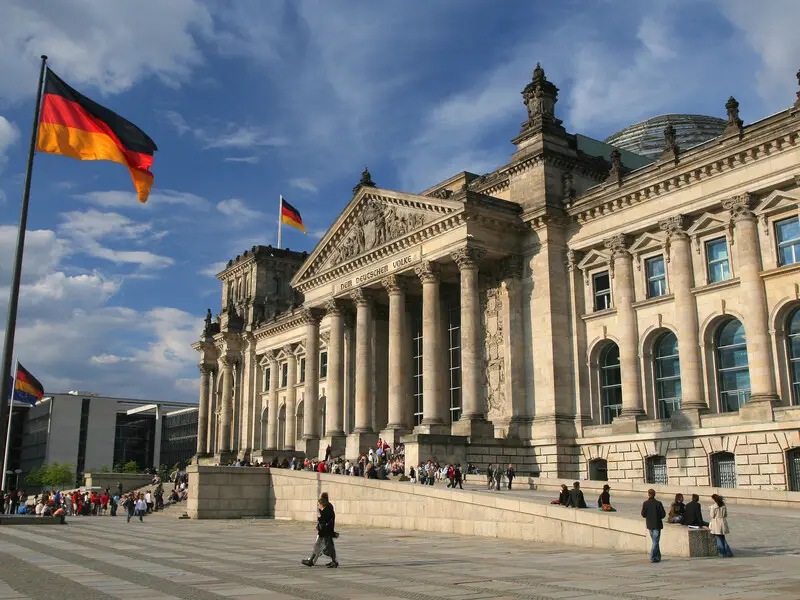The Rising Influence of Radical Forces in Germany: How Will It Impact the Country’s Politics?

For the first time in its 11-year history, the far-right Alternative for Germany (AfD) party won a regional election, signaling a potential shift in German politics
On September 1, elections in the federal states of Thuringia and Saxony revealed a concerning trend for all of Germany — a significant rise in support for far-right and far-left political parties. These regions, once part of the German Democratic Republic (GDR), have become a breeding ground for forces that show loyalty to russia and oppose aid to Ukraine. Notably, the Alternative for Germany (AfD) achieved a historic victory in Thuringia, while the pro-russian "Sahra Wagenknecht Alliance" (SWA) gained substantial support, campaigning against sanctions on moscow.

Election Results: Radical Forces on the Rise
The elections involved 5 million voters and served as a crucial indicator ahead of the 2025 federal elections. In Thuringia, AfD secured 32.8% of the vote, surpassing traditional parties like the Christian Democratic Union (CDU), which garnered 23.6%. This result marks the far-right’s biggest achievement in Germany since World War II.
The pro-russian party of Sahra Wagenknecht, founded in early 2024, also gained significant traction. The SWA obtained 15.8% of the vote in Thuringia, overtaking the Left Party. Wagenknecht’s party promotes anti-migrant and anti-Ukrainian rhetoric, including opposition to arms supplies to Ukraine and calls to lift sanctions on russia.
In Saxony, the Christian Democratic Union won with 31.8% of the vote, but AfD followed closely behind with 30.8%. These results underscore the growing influence of right-wing populists and the threat they pose to the country’s democratic institutions.
Impact on the National Political Landscape
Despite its strong regional election results, the AfD is unlikely to form a coalition, as other political forces refuse to cooperate with them. However, its influence is growing, especially on issues related to migration and security. The AfD advocates for stricter refugee and immigration policies, appealing to a growing number of voters.
The SWA, for its part, could hold a "swing vote" in future coalition negotiations. Wagenknecht’s party demands an end to arms supplies to Ukraine and emphasizes a diplomatic solution to the conflict with russia. While most political forces are reluctant to collaborate with pro-russian radicals, these parties are becoming increasingly powerful players on the political stage.
Reasons for the Rise of Radical Popularity
One of the main reasons for the growing popularity of extreme parties is the ongoing migration crisis, which has been a contentious issue in Germany since 2015. Many citizens in the eastern part of the country feel discriminated against and dissatisfied due to social and economic inequalities, which drives them to support radical political forces. The AfD has capitalized on these sentiments by positioning itself as a protest party against Western policies, particularly those of Olaf Scholz’s government.
The SWA also appeals to socially conservative voters by using populist rhetoric aimed at criticizing the EU, NATO, and aid to Ukraine. The party exploits the weaknesses of centrist parties, which have struggled to offer effective solutions to migration and social issues.

What to Expect Next?
The growing influence of far-right and far-left forces poses a threat to democratic processes in Germany. Although regional elections do not directly impact foreign policy, the rise of pro-russian sentiment among political forces could affect the country’s overall direction, particularly ahead of the upcoming federal elections.
The continued strengthening of far-right and far-left parties indicates deep changes within German society. If democratic forces fail to find an effective way to combat radicalization, it could have serious consequences for the stability of the country and the European Union as a whole.










